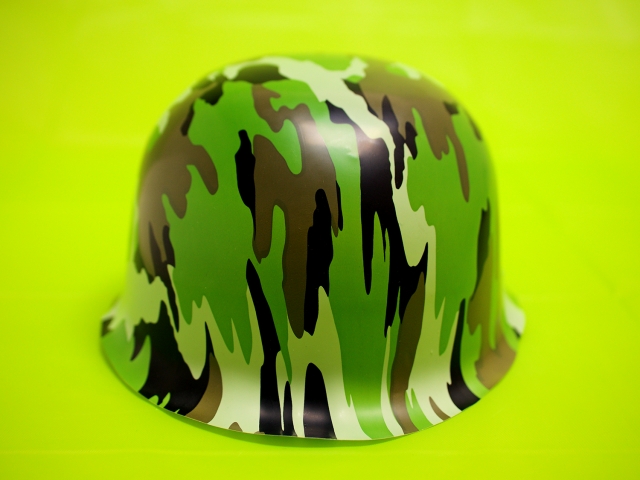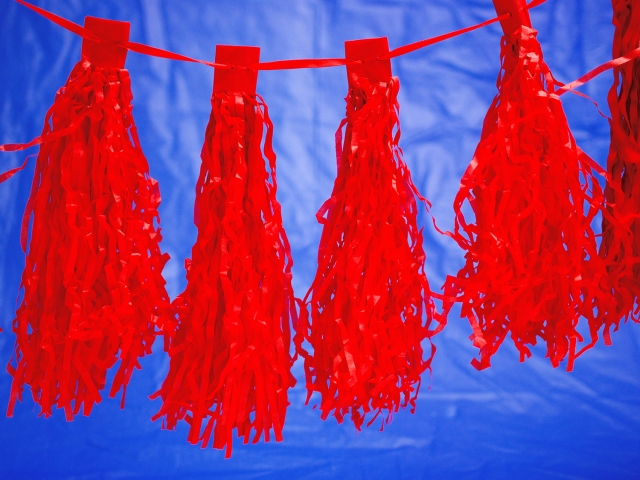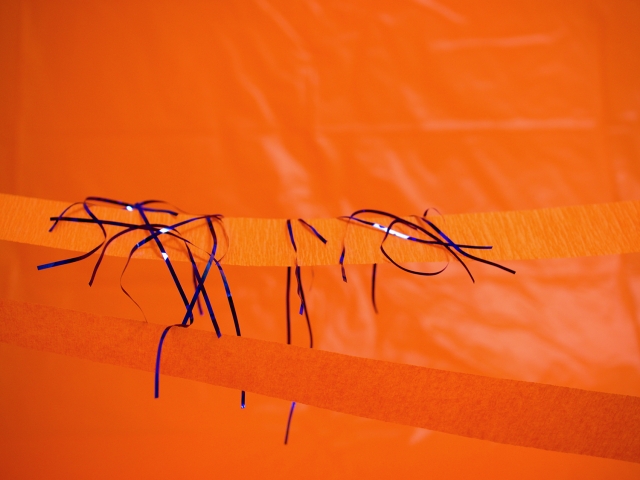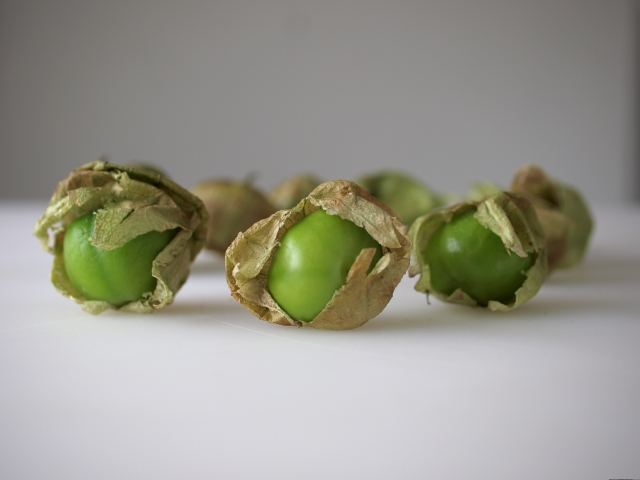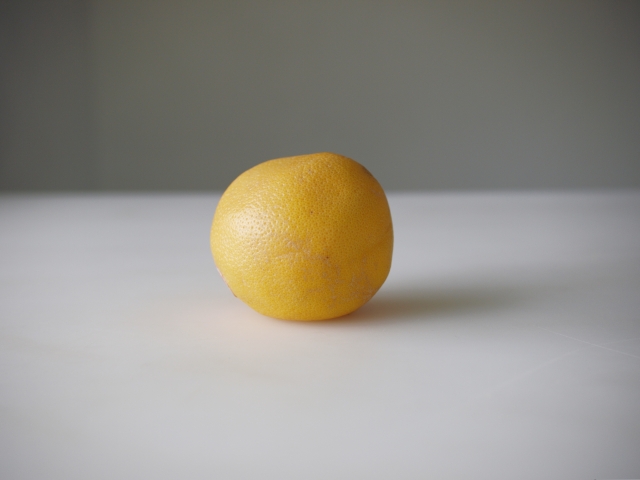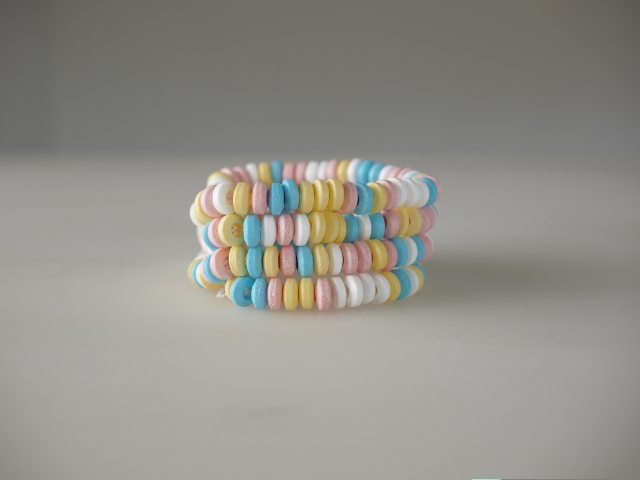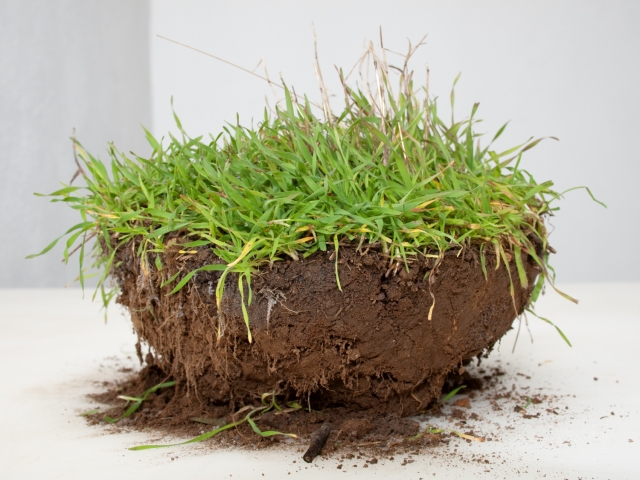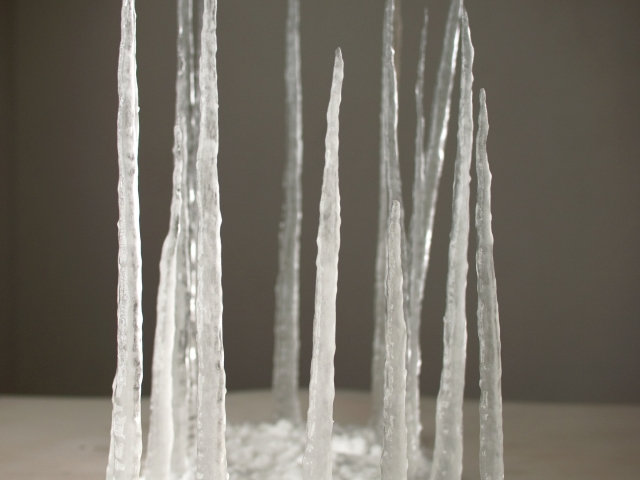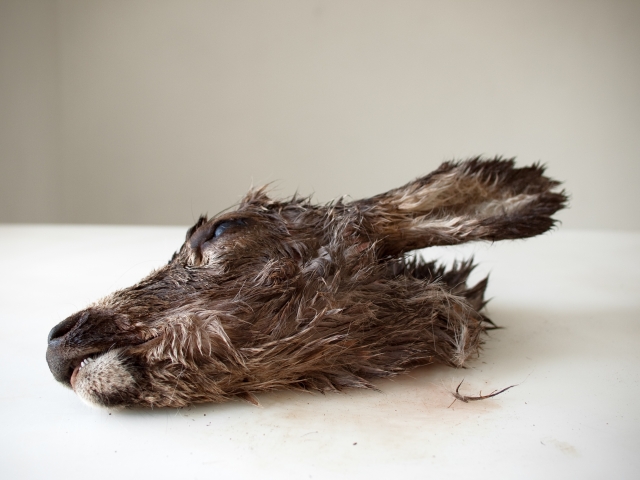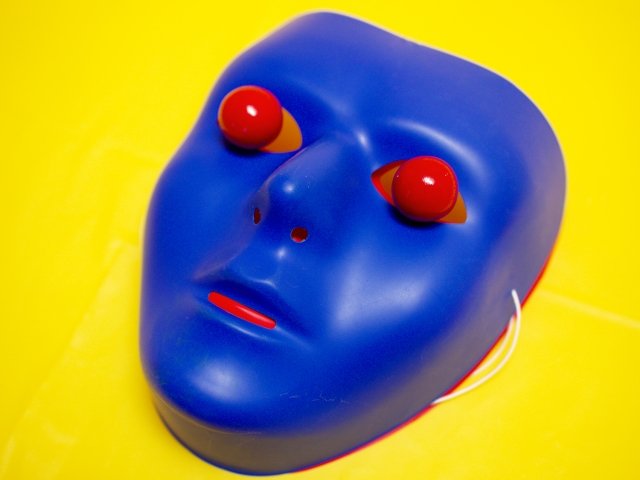Jonathan Blaustein
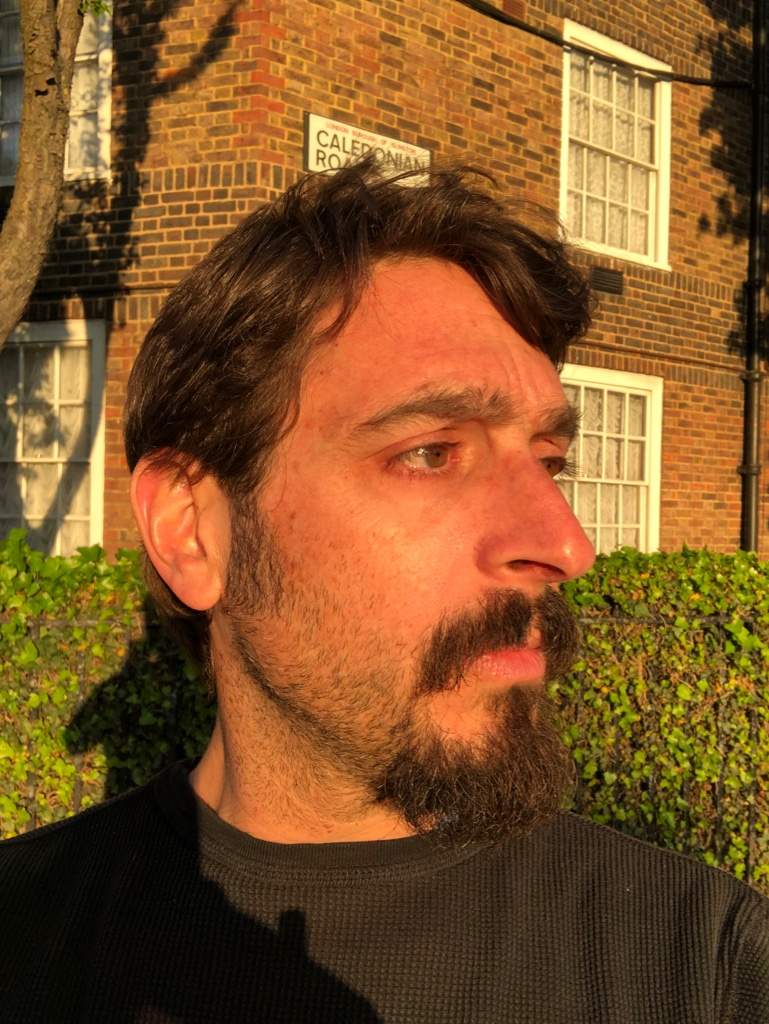
About
Jonathan Blaustein (https://www.jonathanblaustein.com/) is an artist, writer, and educator based in Taos, New Mexico. He received his MFA in Photography from Pratt Institute in 2004, and has exhibited widely in galleries and museums the US, and in festivals in Europe as well. His photographs are in the permanent collections of the Library of Congress, the State of New Mexico, and the Museum of Fine Arts, Houston, among other institutions. Jonathan is a weekly columnist at the popular blog aPhotoEditor.com, and spent six years as a photo critic for the New York Times. He has also written about art and photography online for The New Yorker, VICE, The Washington Post, and Hyperallergic. He taught photography at UNM-Taos for many years, and currently runs the Antidote Photo Retreat at his family horse farm outside Taos. “Extinction Party,” his first monograph, was published in March 2020 by Yoffy Press in Atlanta, and was featured in multiple publications, including the Washington Post, LensCulture, Photograph Magazine, The Albuquerque Journal, and the Santa Fe New Mexican. His work is available at Obscura Gallery in Santa Fe.
Other pertinent links
http://www.aphotoeditor.com http://lens.blogs.nytimes.com http://www.antidotephotoretreat.com
Gallery
LACP Interviews Jonathan Blaustein
LACP asks Jonathan Blaustein ten questions about his background, career in and beliefs about photography.
LACP: What kind of photographer are you?
Jonathan Blaustein: I’m a fine art photographer who makes conceptual, color, studio based work. Normally I just call myself an artist.
LACP: How long have you been shooting?
JB: I first picked up a camera on a solo, cross-country trip from New York to New Mexico in December of 1996. That means it will be 22 years this winter. I’m 44, so that’s half my life.
LACP: Where did you get your training?
JB: I didn’t get into photography until after I’d received a BA at Duke University, so I went back to school and studied fine art photography for two years at the University of New Mexico in Albuquerque. A few years later, I got my MFA in Photography at Pratt Institute in Brooklyn, where I also concentrated in Art History and Conceptual Art.
LACP: When did you know you wanted to devote your life to photography?
JB: It sounds corny, but I knew half-way through that 5 day solo cross country trip. Deep down, I probably knew after the very first photograph kicked off an entirely new way of seeing the world, but officially, it was on the 3rd Day, driving through Texas. I wrote in a notebook, (while driving,) that I would devote my life to photography.
And I have.
LACP: Did you ever come close to giving up?
JB: Not really. But there were roads not taken that might have forced me to give it up. There was a time, before I went to graduate school for art, that I was thinking of going to business school to become an arts administrator, as a day job for being an artist.
Had I done that, it’s likely I would have given up being a photographer, as many curators and organizational professionals do..
LACP: Have you sacrificed anything by being a photographer?
JB: Of course. I think committing to a life in the arts is in opposition to the notion that people should always make the most money possible. In order to have time to create, and be creative, artists need free time, and the ability to structure their lives in non-traditional ways.
How many photographers do we know who have gotten rich off of their work? Not many. But getting rich is the goal for most people. So in embracing my photography, I sacrificed the ability to have a more traditional life.
And I’d make that trade every time, even though it’s tricky sometimes.
LACP: What have you gained by being a photographer?
JB: I’ve gained more from photography than I can describe succinctly. All of my friends, accomplishments, creative fulfillment, and my knowledge of the world comes from my exploration of photography. It’s lead to travel, adventure, and deep thought. To countless festivals and exhibitions. An appearance on PBS, and an interview on public radio.
It’s given me untold conversations over food, and years of engagement in the classroom as a professor.
The sum total of half of my life is due to photography, and I’m a pretty happy guy. So that means I owe a lot to the medium.
LACP: What classes do you teach at LACP?
JB: My class is called “Pushing Your Work Forward,” and is based upon a traditional graduate school model. We use the group critique method to get to know each other, create trust, and then roll up our sleeves and contemplate every aspect of the photographer’s work.
Honesty is stressed, but it’s done in a kind way.
The class is intended to allow students to grow quickly, after receiving important pieces of advice and guidance from me and the group during the workshop. Afterwards, the students can also serve as a community and idea network for each other going forward.
LACP: What do you love most about teaching?
JB: In the right environment, teaching gives back as much energy as it takes, and sometimes more. I love the creative spark that happens when you inspire people to be their best selves, or help their vision improve as they’re on a their creative journey.
My teaching is very interactive, so I love learning from my students, as they always have a different background and perspective from my own.
I’m also a social guy who lives on a horse farm in the Rocky Mountains, so I love teaching for the the joking, the camaraderie, and community building aspects of the classroom as well.
LACP: What advice would you give someone who is thinking about making a career in photography?
JB: I’d suggest that person should be comfortable with entrepreneurship, rather than a jobs-based model. For the most part, it’s a freelance world out there, and having a lot of things going on at once seems to be the norm.
I think if the love and passion are there, the never-say-die attitude, and a willingness to learn new skills as necessary, a student can head into a photography career with confidence.
There are always opportunities, especially for people who are not afraid to make their own. The world loves photography now more than ever, Post-Instagram, so I think that the future is bright, if likely to be very different from the past.
